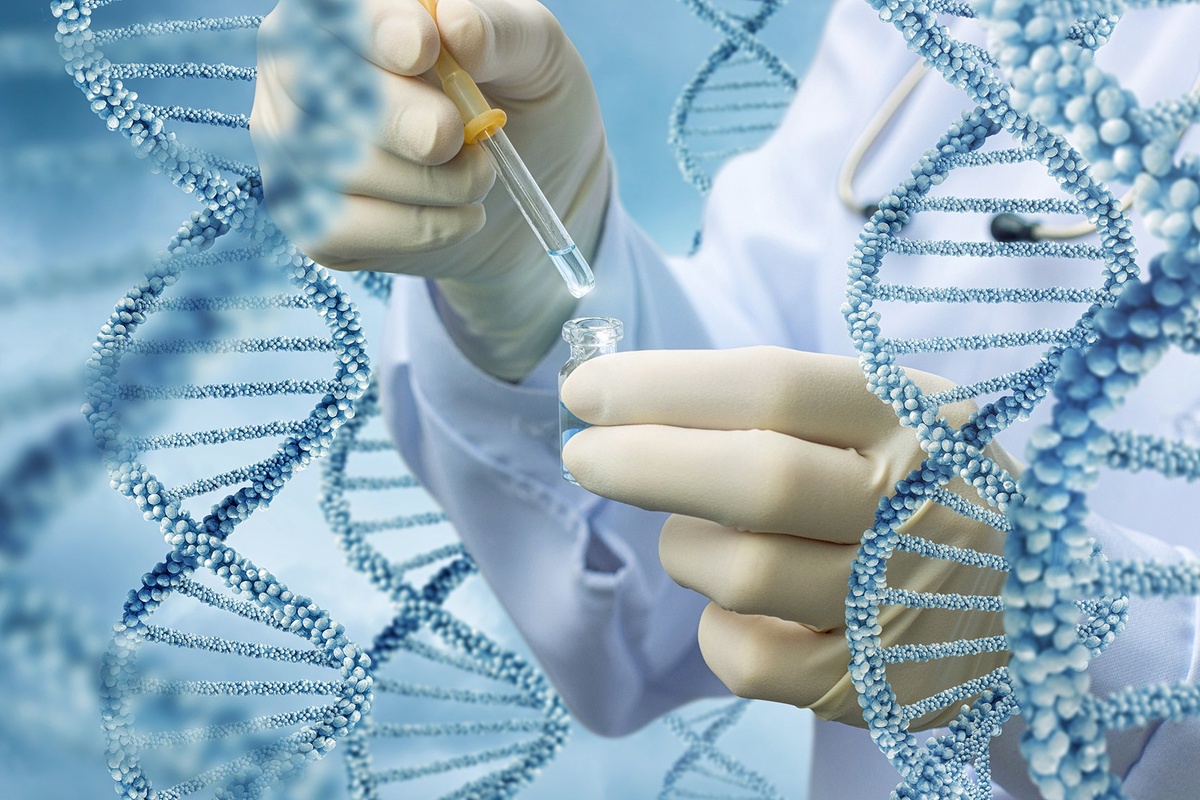What Is DNA Health Testing?
DNA health testing is a type of genetic testing that analyzes an individual's DNA to assess their risk of developing certain health conditions. DNA health testing is also known as genetic health testing, genetic screening, or genetic testing for health.
The test analyzes specific genes or variations in DNA sequences associated with certain health conditions, such as inherited conditions like cystic fibrosis, sickle cell anemia, and Huntington's disease, or predisposition to common diseases like heart disease, cancer, and diabetes.
Some DNA health testing also provides information about an individual's response to certain medications, which can help healthcare providers make more informed treatment decisions.
DNA health testing can be done using a sample of saliva, blood, or tissue. The results of the test can help individuals make lifestyle changes or seek appropriate medical care to prevent or manage potential health risks. It's important to note that DNA health testing is not a replacement for regular medical checkups or diagnosis by a healthcare provider.
What Is the Process of DNA Testing?
The process of DNA testing can vary depending on the type of test being performed and the laboratory conducting the test. However, here are the general steps involved in DNA testing:
- Sample Collection: The first step in DNA testing is to collect a biological sample from the person being tested. This can be done using a swab from inside the cheek, a blood sample, or a tissue sample.
- DNA Extraction: Once the sample is collected, the DNA is extracted from the cells in the sample. This involves breaking open the cells and isolating the DNA using various chemicals and techniques.
- DNA Amplification: After extraction, the DNA is amplified, which means making millions of copies of the DNA sequence of interest. This is done using a process called Polymerase Chain Reaction (PCR).
- DNA Analysis: The amplified DNA is then analyzed using various techniques, depending on the type of test being performed. For example, if the test is for genetic health screening, the DNA may be analyzed for specific variations in genes associated with certain health conditions.
- Interpretation of Results: The final step in DNA testing is to interpret the results. This involves comparing the DNA sequence of the person being tested to a reference sequence to identify any differences or variations. The results are then reported to the individual or their healthcare provider, depending on the purpose of the test.
It's important to note that DNA testing should always be performed by a qualified laboratory and healthcare provider, and the results should be interpreted by a trained professional.
The Benefits of Having a DNA Test
There are several benefits to having a DNA test, including:
- Early Detection of Genetic Diseases: DNA testing can identify genetic mutations that may increase the risk of developing certain diseases, allowing for early detection and proactive medical management.
- Personalized Medicine: DNA testing can help doctors personalize treatment plans based on a patient's genetic makeup. This can lead to more effective treatments with fewer side effects.
- Family Planning: DNA testing can help couples identify potential genetic risks before having children. This information can help them make informed decisions about family planning and prenatal care.
- Ancestry and Genealogy: DNA testing can provide insight into an individual's ancestry and family history, which can be useful in genealogical research.
- Improved Nutrition and Fitness: DNA testing can identify genetic variants that may impact nutrient metabolism and fitness response, allowing for personalized nutrition and exercise plans.
- Peace of Mind: DNA testing can provide peace of mind by confirming or ruling out genetic relationships and family history, and providing information about potential health risks.
It's important to note that DNA testing may also have potential risks and limitations, and individuals should always consider the potential benefits and risks before undergoing testing. It's also important to consult with a qualified healthcare provider before undergoing any type of genetic testing.
How Accurate Are the Results From a DNA Test?
The accuracy of the results from a DNA test depends on several factors, including the type of test being performed, the quality of the DNA sample, and the laboratory conducting the test.
In general, DNA Health testing is highly accurate, with error rates typically less than 1%. However, it's important to note that errors can occur due to sample contamination, technical errors during testing, or interpretation errors.
The accuracy of DNA testing can also vary depending on the purpose of the test. For example, some DNA tests are designed to identify specific genetic mutations associated with certain diseases or conditions, while others may be used to determine ancestry or genetic relationships.
It's also important to note that DNA testing can only provide information about an individual's genetic makeup at the time of testing. As new research and technology become available, the interpretation of genetic information may change, and the accuracy of the results may be impacted.
Overall, DNA testing can provide highly accurate information about an individual's genetic makeup, but it's important to consult with a qualified healthcare provider to interpret the results and understand the potential benefits and limitations of testing.


No comments yet